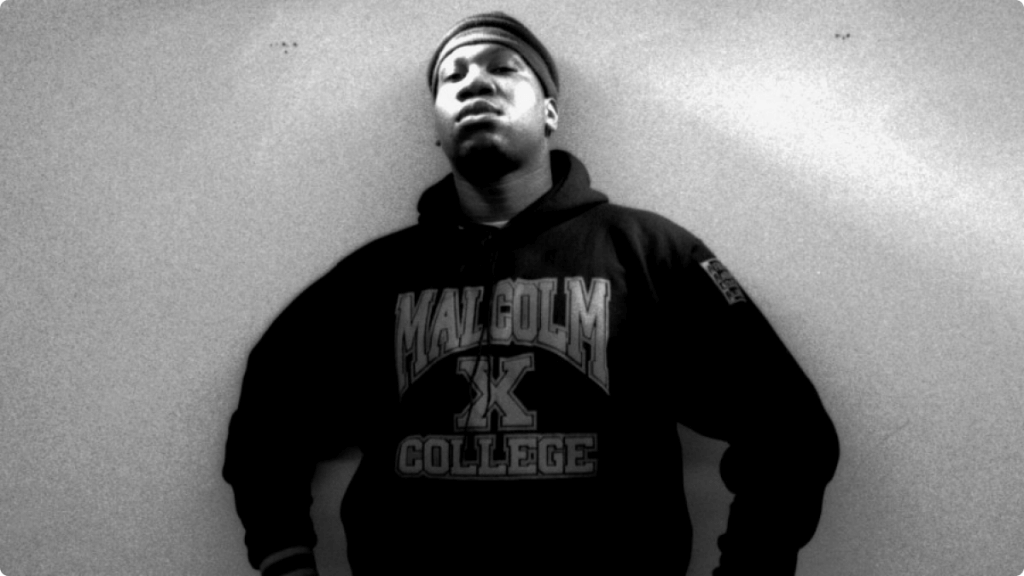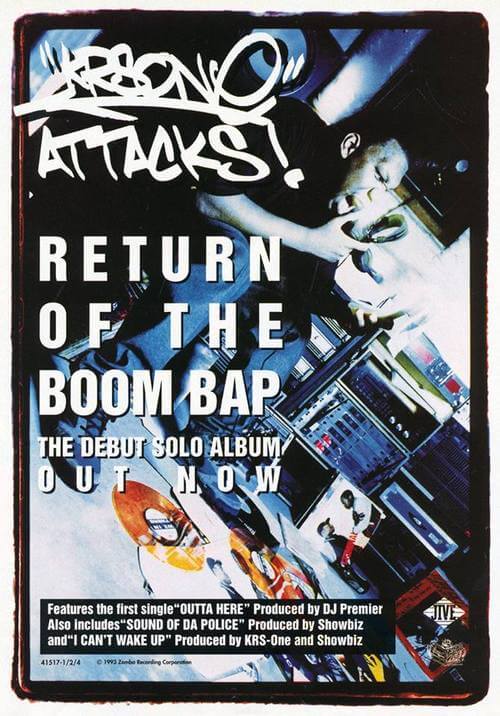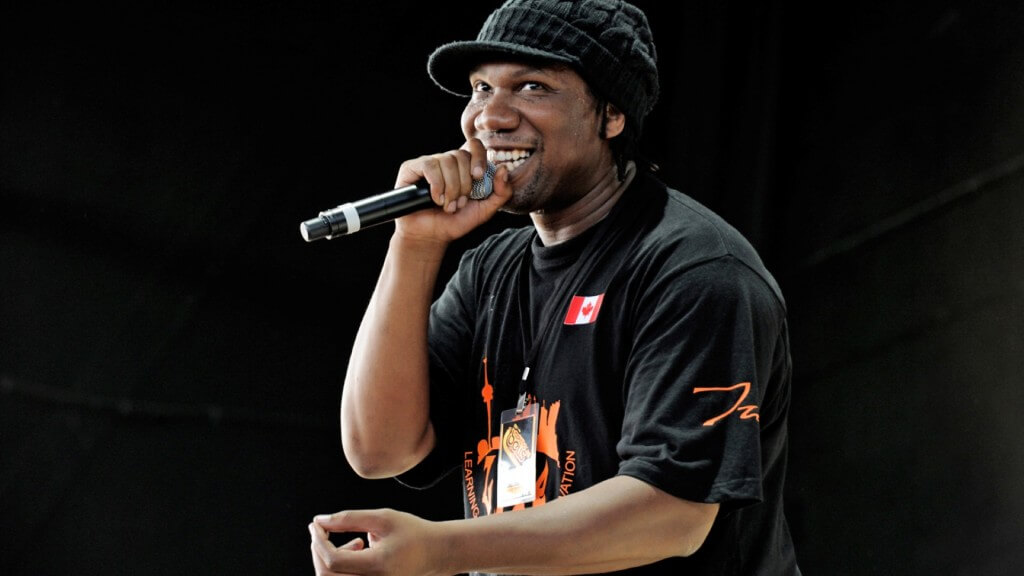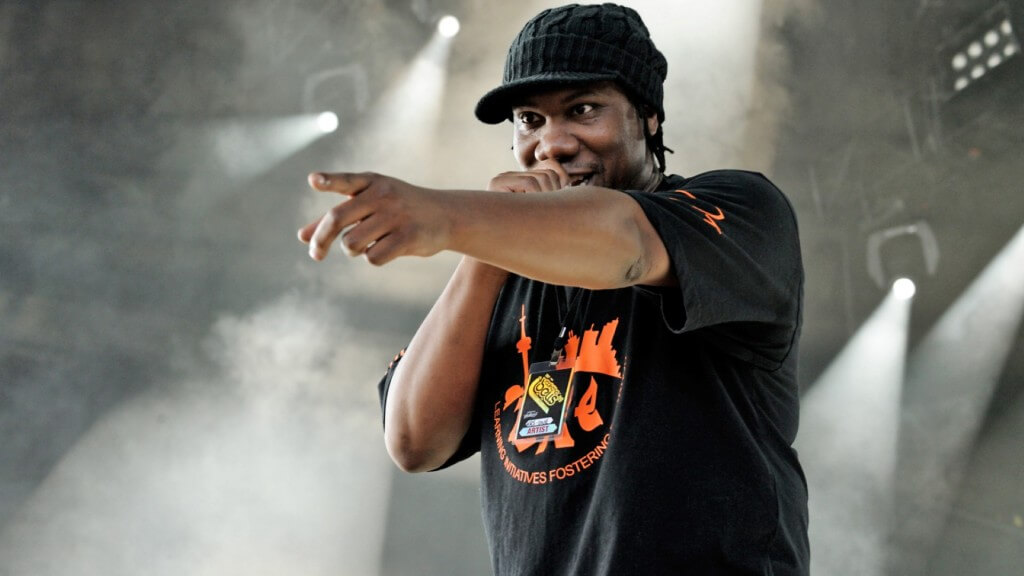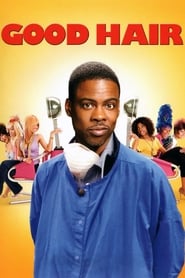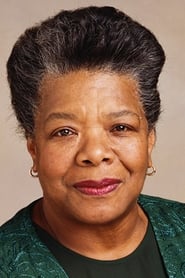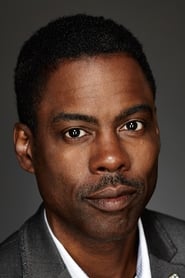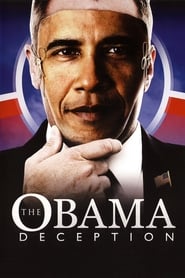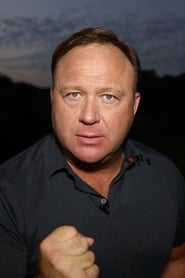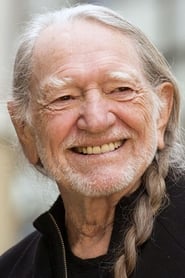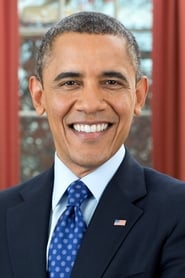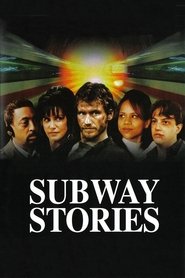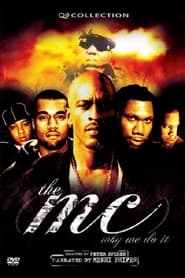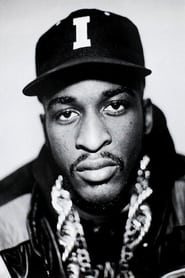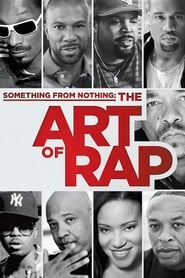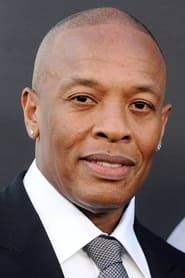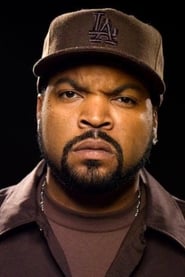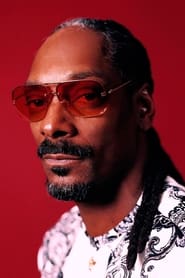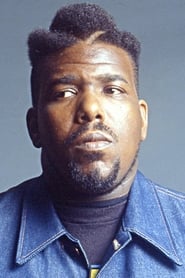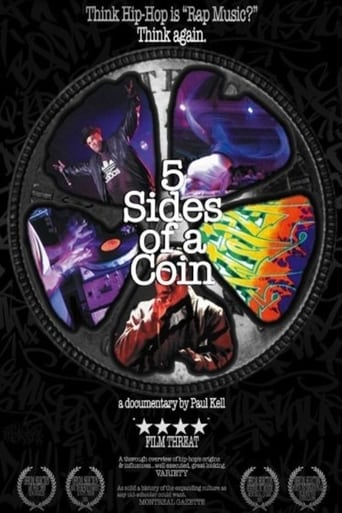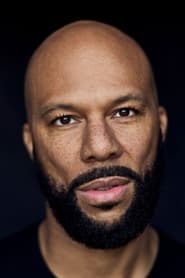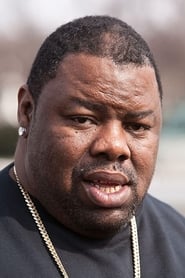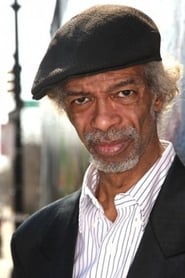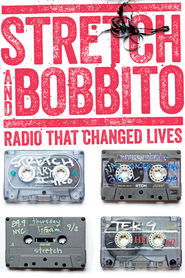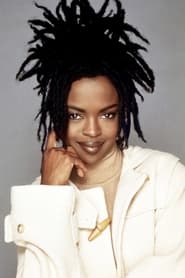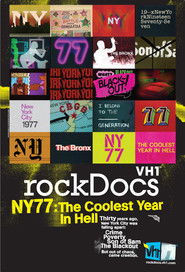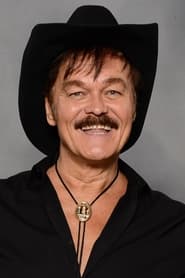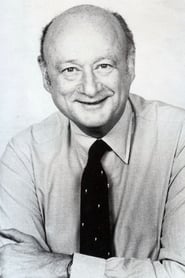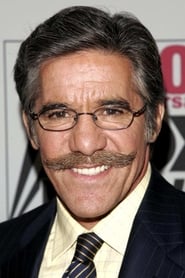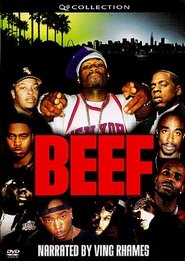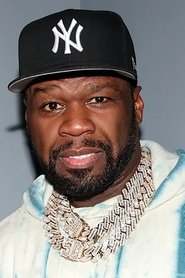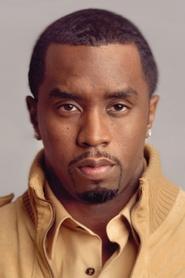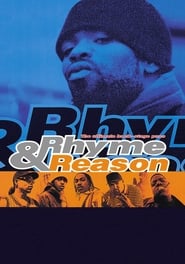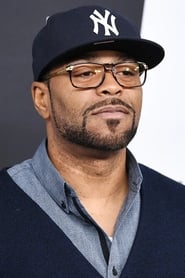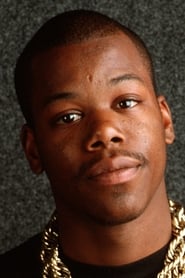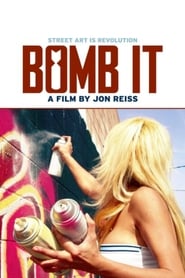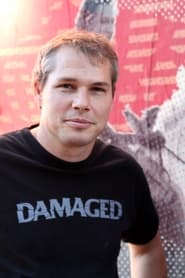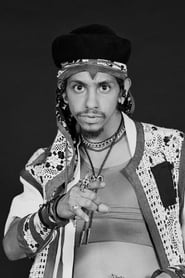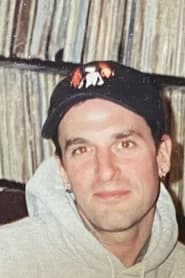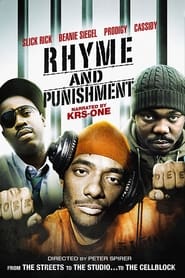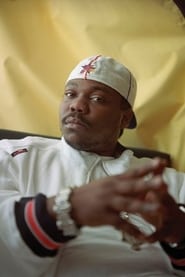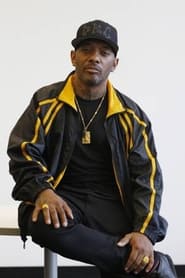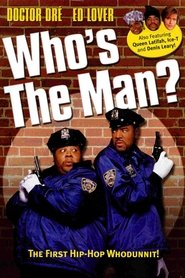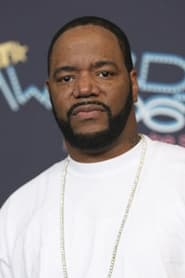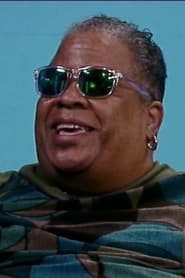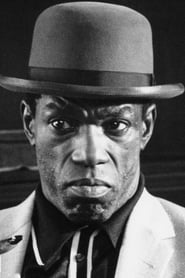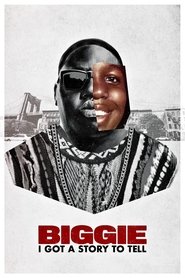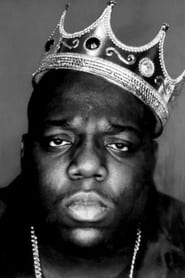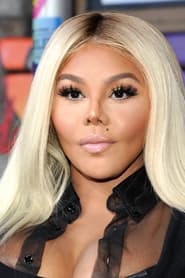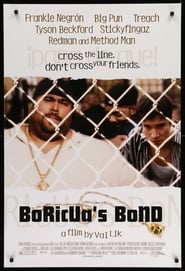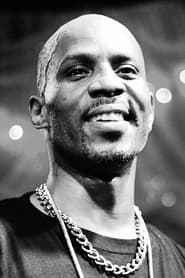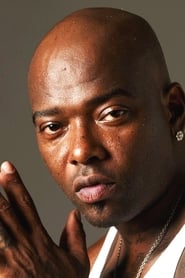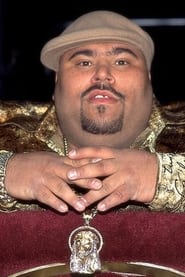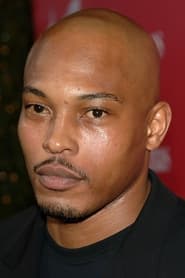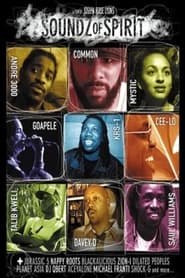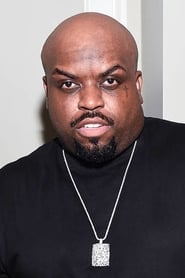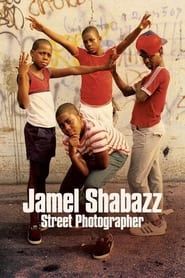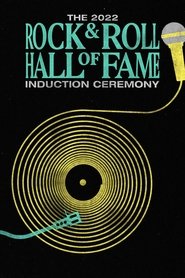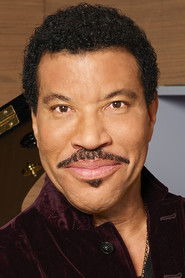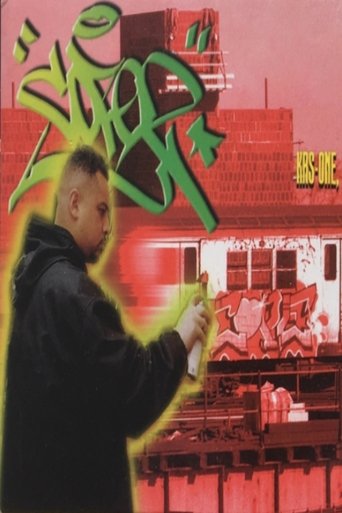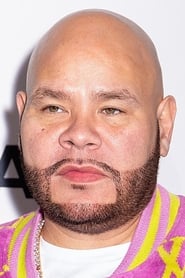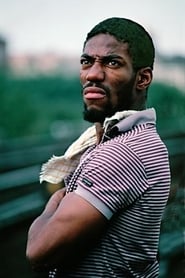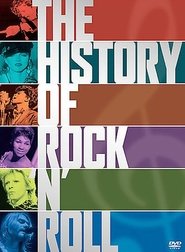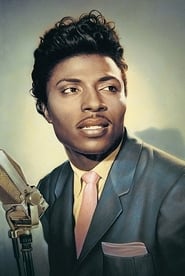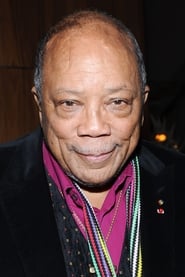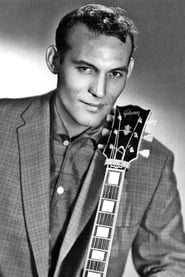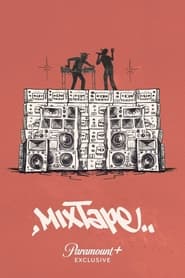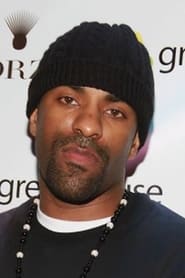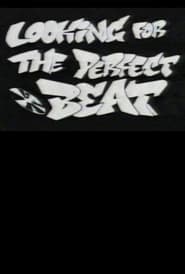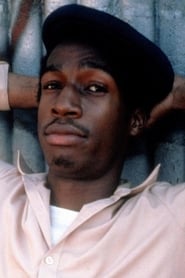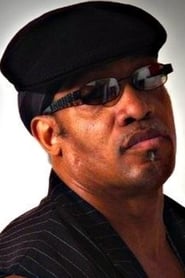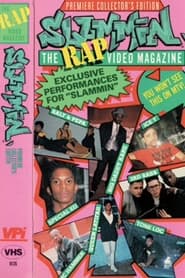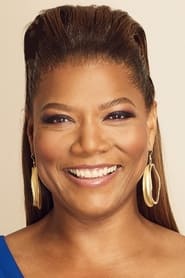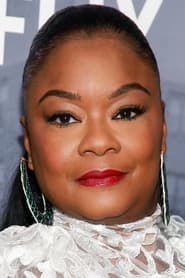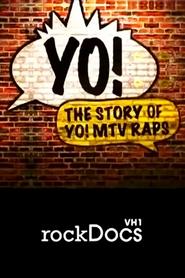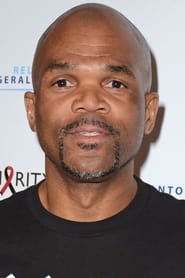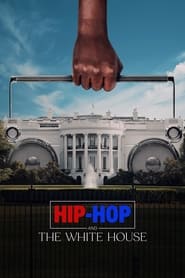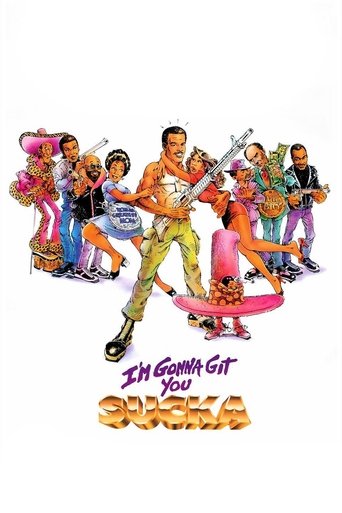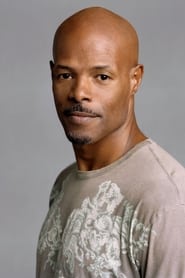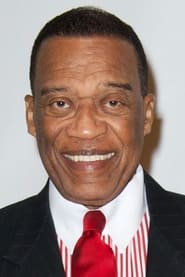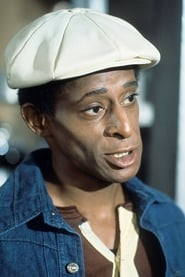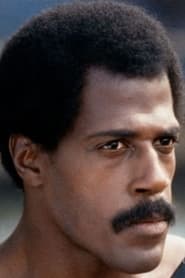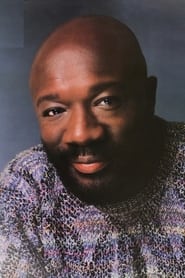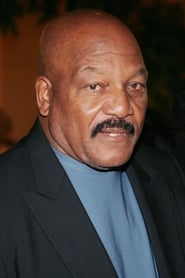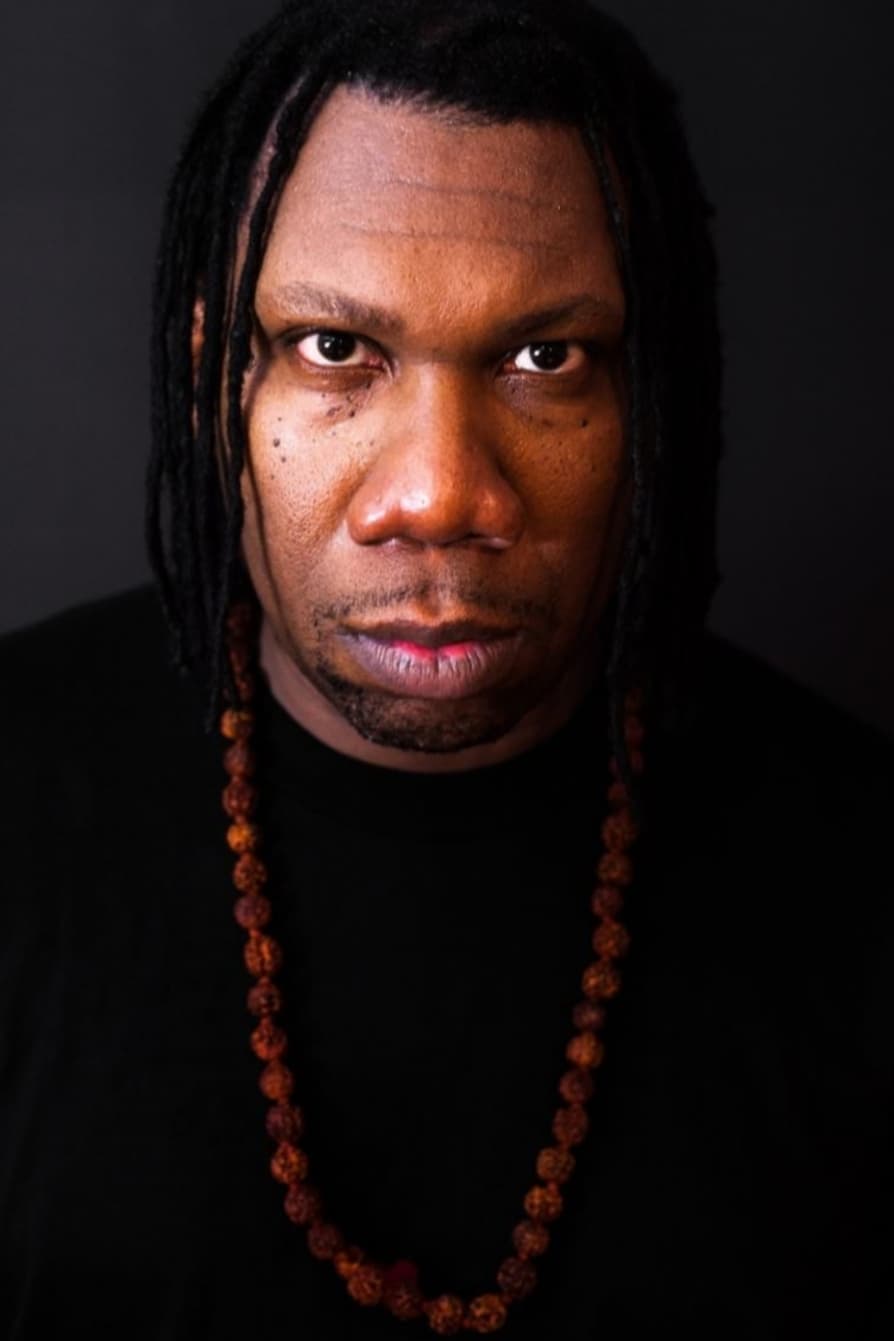‘Blastmaster KRS-One’ was born (eldest son) as Lawrence Brown in Brooklyn’s Park Slope area in 1965 to Sheffiend Brown, a Bardabian-born father (an illegal alien, soon deported) and mother Jacqueline Jones a real estate secretary who remarried in 1969 to John Parker, a United Nations security guard who moved the family out to Harlem but only became an abusive force in the family’s life and by 1972, Parker had left the scene. The family later relocated back to Brooklyn where they lived in abject poverty.
Young Lawrence dreamed of becoming a graffiti artist and MC. His mother preached African history and spiritualism pushing them to excel in school. Continuing differences of opinion, at 16 KRS left home to live on the streets, this was in 1981. He did not see his mother again until 1988. He slept in Wingate, Prospect and Central parks and on the F-Train, he took odd jobs and read a lot of books in the Brooklyn Public Library.
At 17 KRS walked over the Williamsburg Bridge to Manhattan to seek refuge in the Bowery men’s shelter, before being moved into a group home where he eventually earned his high school equivalency diploma and considered attending the School of Visual Arts. With a distrust of institutions he forewent his college education and ran with the United Artists graffiti crew headed up by Fab Five Freddy. He was nicknamed Kris from his relationship with the Hare Krishna religious faith who evangelized in the shelter he was housed at. He would use the moniker KRS ONE for ‘Kris Number One’ when marking with aerosol cans. Through the United Artists he met the local Bronx gang Casanovas, a spin-off of the Black Spades. With their connections KRS had begun to courier drugs to various drop spots around town. Using a bread delivery truck as a cover, Parker and his partner had garbage bags full of the product ready for delivery. One day, a police car pulled up behind them and started flashing their lights. KRS’s associate panicked and lead them on a several mile long chase, after which the truck was finally crashed, and the pair were apprehended. At the trial, the judge made the ironic commentary that the only reason the cops initially tried to pull them over was because they had private plates on a commercial vehicle—they initially had no intention of searching for drugs. KRS was a minor and claimed he was a ward of the state, therefore was sent to a juvenile home for his sentencing, after which he was re-located to a Covenant House youth homeless shelter. At 20 years old he was moved into the Bronx’s Franklin Armory Men’s Shelter. It was in here he developed his skills as an MC from routine verbal sparring with other residents in the shelters. His social case worker was college graduate Scott Sterling, 22 who was affiliated of the La Rock gang hailing from the same project (Coke La Rock, T La Rock and Scott La Rock) Scott was part-time weekend DJ at a club, Broadway International. KRS hooked up with Scott along with two other MCs and formed the group Scott La Rock and the Celebrity Three.
They dropped their first single in 1984 called ‘Advance’ had KRS’s alarming and unique rhyming vocals over a dark spasmodic beat. The group soon broke up and KRS and Scott formed the duo 12:41 which spawned the release of ‘Success is the Word’ through Sleeping Bag Records that received radio play on WBLS’s Mr. Magic’s Rap Attack with resident DJ Marley Marl. After obtaining a demo tape, Magic brushed off the duo (not yet known as Boogie Down Productions.) It was at the time KRS went back to the shelter to write up the legendary throwdown cult anthem ‘South Bronx’ released under the name of Boogie Down Productions that answered Queens’ ‘The Bridge’ produced by Marley Marl and played regularly by Mr. Magic. KRS and La Rock’s hit created underground buzz and the pair were signed to an illegal pornography operation under the company Rock Candy Productions. Convincing the owner to advance them the starting capital, he formed the recording subsidiary B-Boy Records. After a few 12” single releases, the Criminal Minded album finally surfaced.
At the height of his career, 1987-1990 KRS-One held a defined reputation for his furiously politically-driven consciousness. Dubbed ‘The Teacher’ because of the strong political overtones in his lyrics, KRS thought himself to be Hip Hop’s self-educated Malcolm X figure. This was blatantly illustrated on the front cover of BDP’s By All Means Necessary. He kept these teachings throughout his years involved with BDP especially after the tragic murder of his partner Scott La Rock. Together with the death of a young fan during a fight at a 1988 BDP/PE concert this led KRS to create a foundation for public awareness called ‘Stop the Violence Movement’. He structured the all-star aid single ‘Self-Destruction,’ which raised half a million dollars for the National Urban League in 1989. KRS continued spreading his social commentary views on later BDP albums concentrating on subjects of black-on-black crime, education, spirituality and police brutality. However this precedence left the substance of backing music to be suffered. With the fan base turning to fresher artists emerging, the mainstream media acknowledged KRS-One’s philosophy. The New York Times invited him to write editorials in the Op Ed section and addressed colleges across America on a 40-city lecture tour.
In 1993 KRS came out with his first début album Return of the Boom Bap KRS worked with DJ Premier of Gang Starr, Showbiz and Kid Capri. The album spawned the single, Sound of da Police. which only served to continue his commercial decline. Undeterred he forged ahead with a follow-up self titled album in ’95 and a collaboration with old rival MC Shan from the Juice Crew, reliving the old Bridge Wars of the mid ‘80s on the ’96 release, Battle for Rap Supremecy. By 1998 he had ended his contract with Jive Records after the fourth solo release ‘A Retrospective.’ By ’99 KRS had secured a position as the vice-president of A&R at Reprises Records and moved out west to southern California. Within two years he resigned from Reprise and returned to the studio to make The Sneak Attack in 2001 released on German label, Kock Records and the following year he brought out two more with the gospel effort ‘Spiritually Minded’ an obvious representation of the mellowed outlook in his personal life. KRS had once denounced Christianity as a “slavemaster religion” which African-Americans should not follow. He founded the Temple of Hip Hop, and released a new album, Kristyles, in ’03 and was preceded by KRS-One: The Mixtape which included a single Ova Here a response aimed at fresh recording star Nelly, the latest upstart MC to feud with the Original Blastmaster Teacher.
In 2004 KRS-One provoked controversy when quoted in a panel discussion hosted by New Yorker Magazine as saying that African-Americans “cheered when 911 happened”. The comment drew criticism from many sources, including a pointed barb by the New York Daily News. KRS responded to his defense on these comments with an editorial written for AllHip Hop.com. In it, KRS said: “I was asked about why Hip Hop has not engaged the current situation more” (meaning 911), my response was: “Because it does not affect us, or at least we don’t perceive that it effects us, 911 happened to them”. I went on to say that “I am speaking for the culture now; I am not speaking my personal opinion.” I continued to say; “911 affected them down the block; the rich, the powerful those that are oppressing us as a culture. Sony, RCA or BMG, Universal, the radio stations, Clear Channel, Viacom with BET and MTV, those are our oppressors those are the people that we’re trying to overcome in Hip Hop everyday, this is a daily thing. We cheered when 911 happened in New York and say that proudly here. Because when we were down at the Trade Centre we were getting hit over the head by cops, told that we can’t come in this building, hustled down to the train station because of the way we dressed and talked, and so on, we were racially profiled. So, when the planes hit the building we were like, ‘mmmm, justice’. And just as I began to say “now of course a lot of our friends and family were lost there as well” but I was interrupted…”
KRS-One has taken to saying that he is Hip Hop. Back in the ‘80s he proclaimed that he wanted to use Hip Hop as a “revolutionary tool for changing the structure of racist America.” From searching for the edge of the Hip Hop world, pushing the boundaries of Hip Hop, he finally came to the comprehension that it was not a tool or political program to use as his medium. The Teacher discovered it’s who he is and what he remains so passionately married to. The belligerent beats, the evolution of styles and platforms and the unambiguous apparition of validity and demise. Almost by definition KRS-One is the sole embodiment of Hip Hop. His life story is the timeline of the cultural movement.
Official site: KRS One
